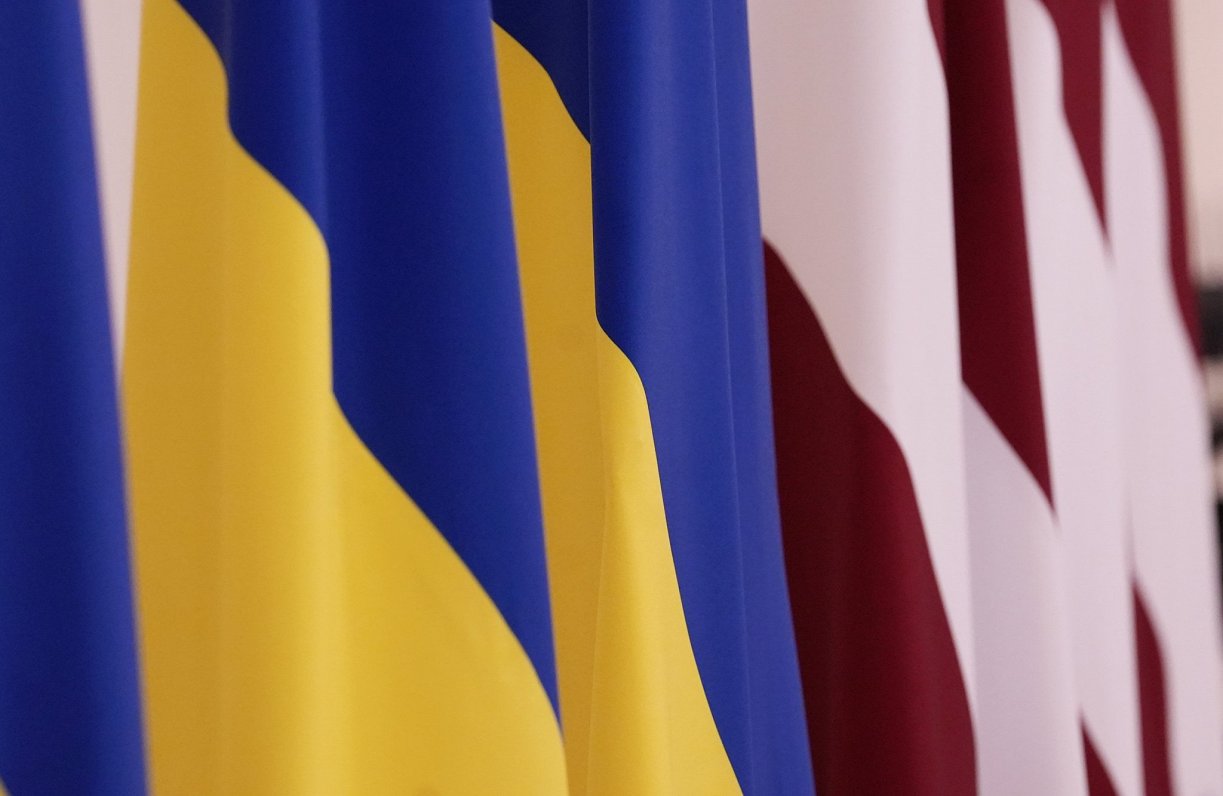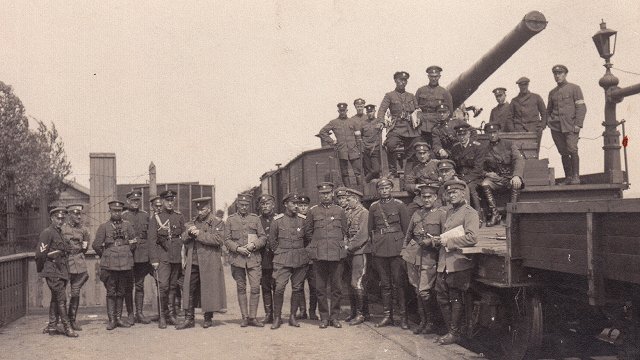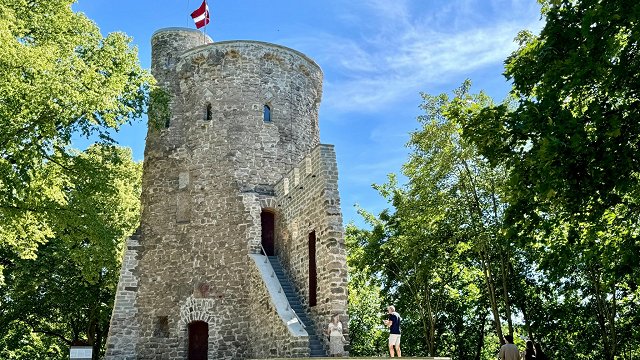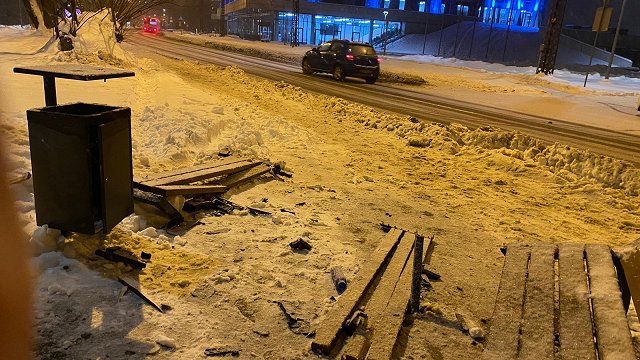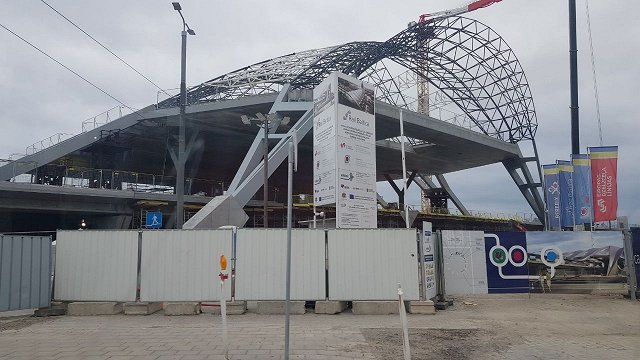There is now a plaque commemorating the centenary of diplomatic relations between the two countries at Antonijas Street 6 in Rīga. It was a very difficult time for Ukrainians then, because not being able to work in their homeland, many worked abroad, including in factories in Rīga.
More than 100 years ago, the Ukrainian diaspora in Latvia created a choir in which around 100 singers sang, and the Ukrainian folk theater was born. There is evidence that both collectives were of a high artistic level.
Unfortunately, with the advent of Soviet power, everything was subjected to Russian propaganda and their values. The break lasted until 1988, when the Ukrainian diaspora began to unite again: the association "Dnipro" was created, which was later followed by the Ukrainian youth club.
At the beginning of the nineties, the Riga Ukrainian Secondary School started operating in Latvia – it is the only Ukrainian school outside Ukraine financed by another state. Lessons are held in Latvian, with students also learning the Ukrainian language, history and culture in parallel.
The Ukrainian People's Theater was reborn in 2011, when it was created by Ukrainian teacher and director Maria Semenova. Being an amateur collective, it has received invitations to participate in festivals of professional theaters in Krakow, Lviv and elsewhere. Maria Semenova is not only a very strong director, but also a passionate collector of authentic folk costumes. All performances are performed only in folk costumes, choosing the most suitable for the specific area.
For example, a shirt may be even a century and a half old, but Maria Semenova also knows the story of each garment. Performances of the Ukrainian folk theater feature mainly Ukrainian classics.
The poet Taras Shevchenko is often considered a Ukrainian seer, because all his poems are said to be prophecies.
The Ukrainian diaspora wanted to unveil a monument dedicated to him in Kronvalda Park in the poet's bicentenary in 2014, but as Russia's aggression in Ukraine's Crimea and Donbas unfolded, the monument to Taras Shevchenko was unveiled two years later.
Due to the full-scale invasion of Russia, more than 40,000 Ukrainians have found refuge in Latvia, and are starting to form a new generation of the Ukrainian diaspora.
